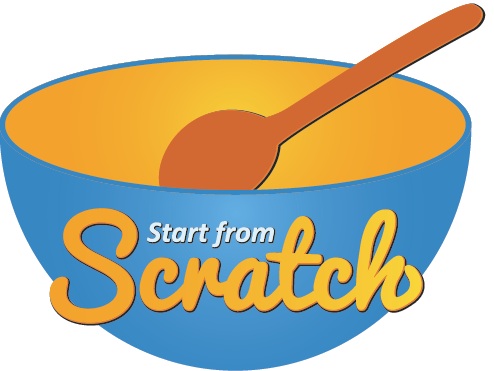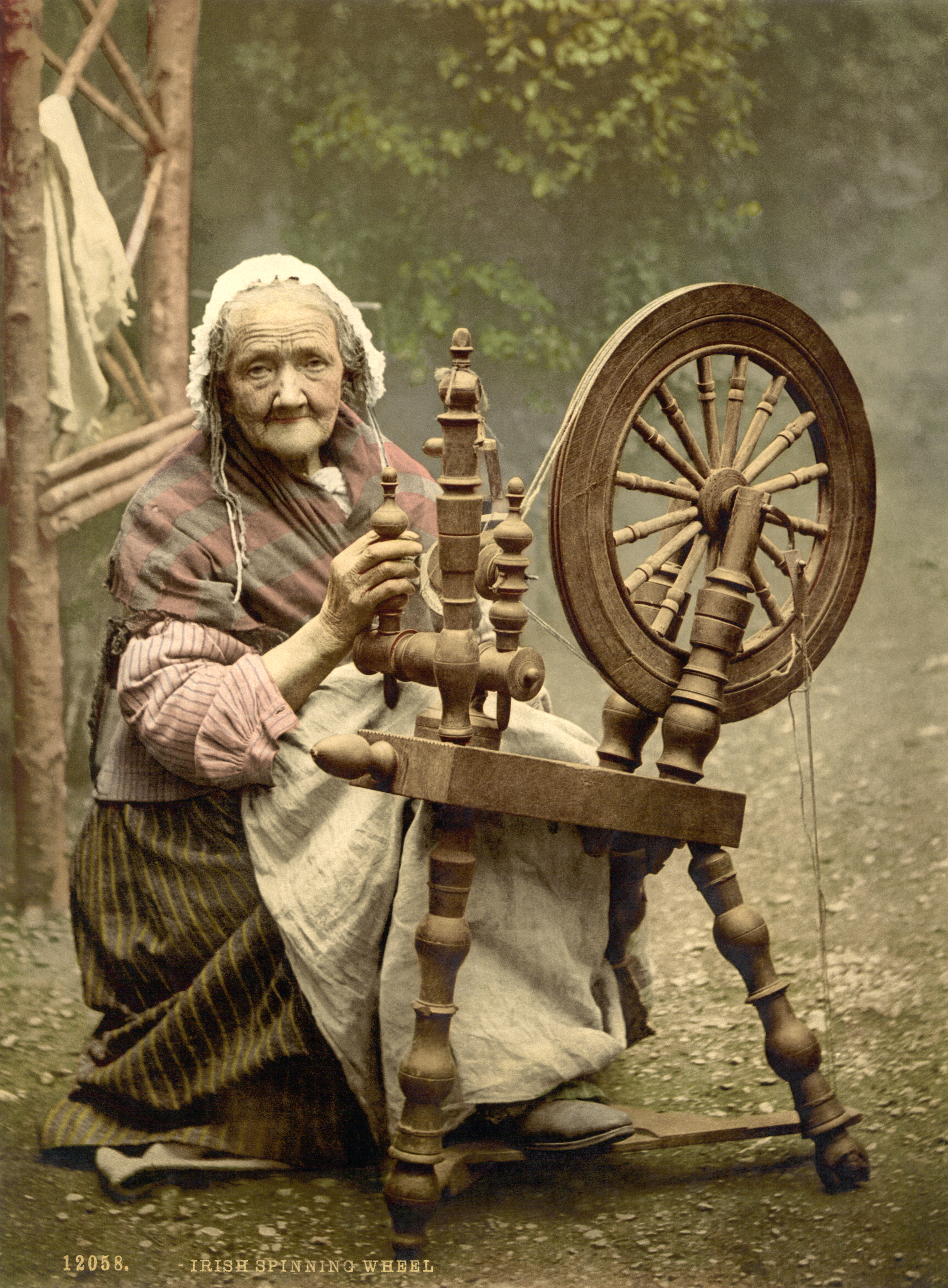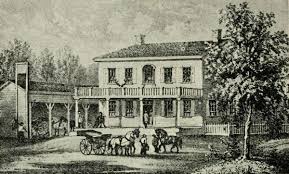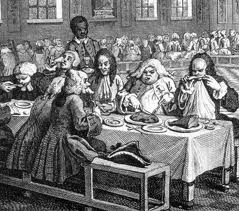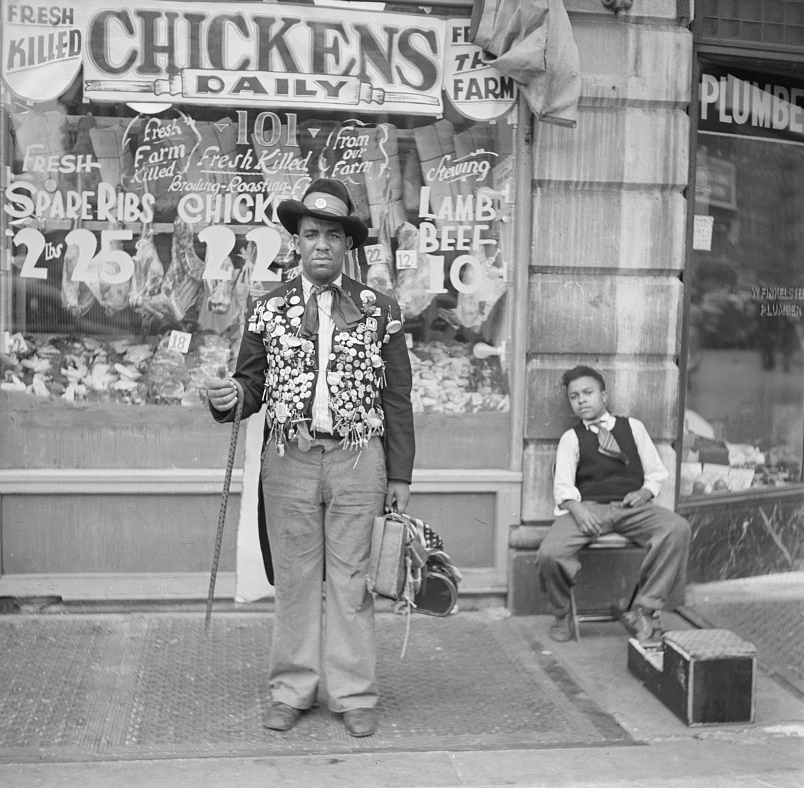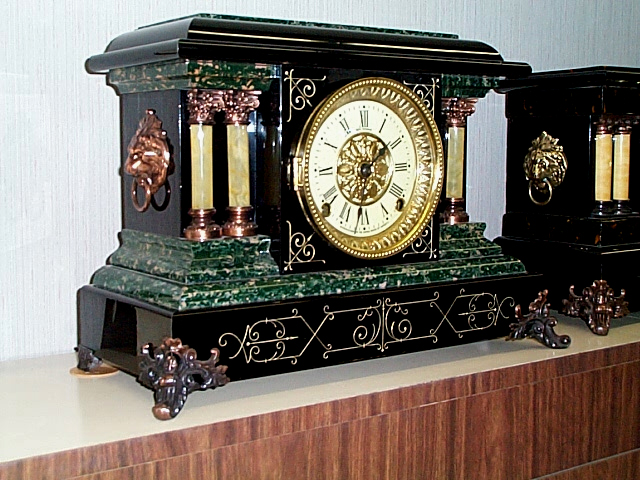Many old sayings are also horse racing term. The phrase ‘START FROM SCRATCH” comes from the days when a line was scratched in the ground for a race. The racers would start from the scratch. WHERE DO I START? Hints and Tips for Beginning Genealogists with On-line resources
Author: Donna R Causey
DYK: Did you get up on the wrong side of the bed?
In olden times, people were very superstitious. They believed that all good in a man was on his right side and all bad was on his left. If you got out of bed on the left side, evil forces would follow you all day long. Most innkeepers had the left sides of the bed against […]
DYK: She was spinning a good yarn
Many old sayings come from nautical terms as is the case with ‘Spinning a a yarn’. Rope was made in ports everywhere. The rope makers chatted while they worked. They told each other stories while they were spinning a yarn. WHERE DO I START? Hints and Tips for Beginning Genealogists with On-line resources
DYK: A tavern wench needed to mind her “P’s & Q’s”
Did you know that….. In olden days, a tavern wench was often told to “Mind her P’s and Q’s” because…. she served ale in pints and quarts. She kept track of her orders on a slate with P in one corner and Q in the opposite corner so she wouldn’t overcharge or undercharge patrons. […]
DYK: Where you sit at dinner may be important
Did you know that…. In the seventeenth century, a person’s social standing determined what he or she ate at dinners. The best and most expensive food was placed next to the most important people. Also, people didn’t tend to sample everything that was on the table, they just ate what was closest to them. […]
Great photographs of the streets of New York in 1938 – Can you identify the location?
Do you know the location? Photographer Jack Allison from the Farm Security Administration took these great photographs on the streets of New York in 1938 VINEGAR OF THE FOUR THIEVES: Recipes & curious tips from the past See best-selling books by Donna R Causey WHERE DO I START? Hints and Tips for Beginning […]
DYK: True meaning of Moot Point
DYK: Did you know? MOOT POINT – which means and irrelevant Argument comes from the Saxon word moot or mote, which meant a meeting to discuss things. In medieval England, moots, or meets, were assemblies or councils where points of government were debated. The country was split into juridicial areas called hundreds and administered via assemblies known […]
DYK: Have you ever paid through the nose?
Pay through the nose is a very strange saying that has a simple meaning. It comes from the ninth-century in Ireland. When the Danes conquered the Irish, they imposed an exorbitant Nose Tax on the island’s inhabitants. They took a census (by counting noses) and levied oppressive sums on their victims, forcing them to pay […]
Clockmakers life in 1938 in Thomaston, Connecticut – the time when life was simpler
Anecdotes for Connecticut Clockmaker by Francis Donovan This life history was compiled and transcribed by the staff of the Folklore Project of the Federal Writers’ Project for the U.S. Works Progress (later Work Projects) Administration (WPA) from 1936-1940 Pseudonyms are often substituted for individuals and places named in the narrative texts. December 12, 1938 […]
DYK: Swan song – It may not mean what you may think
The saying swan song is usually referred to a final theatrical or dramatic appearance, or any final work. It generally carries the connotation that the performer is aware that this is the last performance of his or her lifetime, and is expending everything in one magnificent final effort. Swan song comes from an old belief that swans, […]
